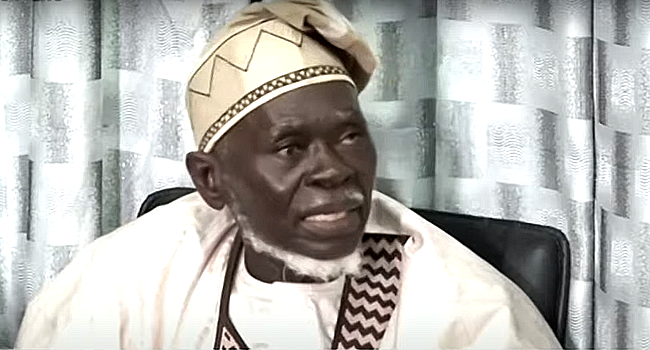The Labour Party (LP) has found itself embroiled in a leadership tussle following the Supreme Court’s removal of Julius Abure as the National Chairman. Abayomi Arabambi, the spokesperson for the faction led by Lamidi Apapa, asserts that Apapa’s assumption of leadership is constitutionally mandated. According to Arabambi, the party’s constitution clearly stipulates that in the event of the National Chairman’s removal, resignation, or incapacitation, the Deputy National Chairman automatically ascends to the acting leadership position. This, he argues, negates the need for a caretaker committee or any other interim leadership structure. Apapa, being the Deputy National Chairman (South), therefore rightfully assumed the leadership role pending the convening of a national convention to elect a substantive National Chairman.
Arabambi vehemently dismisses the claims of other individuals purporting to lead the party, labeling them as “meddlesome interlopers.” He specifically targets Senator Nanedi Usman, who has been endorsed by prominent party figures like presidential candidate Peter Obi and Abia State Governor Alex Otti to head a National Caretaker Committee. Arabambi insists that the formation of such a committee contravenes the party’s constitution, which makes no provision for such an arrangement. He maintains that Apapa’s leadership is legitimate and consistent with the party’s internal regulations, emphasizing that any other leadership claims are unfounded and should be disregarded.
The crux of the dispute lies in the interpretation of the party’s constitution following Abure’s removal. While Apapa’s faction insists on a strict adherence to the constitutional provision outlining the succession process, the opposing faction, backing Usman’s leadership of a caretaker committee, appears to prioritize the perceived need for a transitional leadership structure. This divergence in interpretation has created a power vacuum within the party, with both factions claiming legitimacy and authority. The ensuing conflict threatens to destabilize the party and undermine its ability to function effectively.
This leadership crisis comes at a critical juncture for the Labour Party, fresh off a significant performance in the general elections. The party, relatively unknown before the elections, garnered substantial support and emerged as a major political force. However, the ongoing internal wrangling threatens to derail the party’s momentum and impede its ability to consolidate its newfound prominence. A prolonged leadership dispute could lead to factionalism, internal strife, and a loss of public confidence, jeopardizing the party’s future prospects.
The resolution of this conflict hinges on clarifying the interpretation of the party’s constitution and reaching a consensus on the legitimate leadership structure. A failure to address these issues promptly and decisively risks plunging the party into deeper turmoil and hindering its ability to effectively participate in the political landscape. The stakes are high, not only for the Labour Party itself but also for the broader political landscape, as the party’s performance has signaled a shift in the dynamics of Nigerian politics.
The way forward necessitates a commitment from all stakeholders to engage in constructive dialogue and seek a resolution that upholds the party’s constitution and best serves its long-term interests. This may involve seeking legal clarification on the interpretation of the relevant constitutional provisions, or convening a party congress to address the leadership question democratically. Ultimately, the future of the Labour Party depends on its ability to navigate this challenging period and emerge as a unified and cohesive political force.














